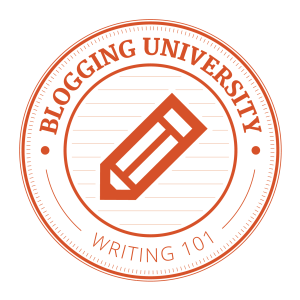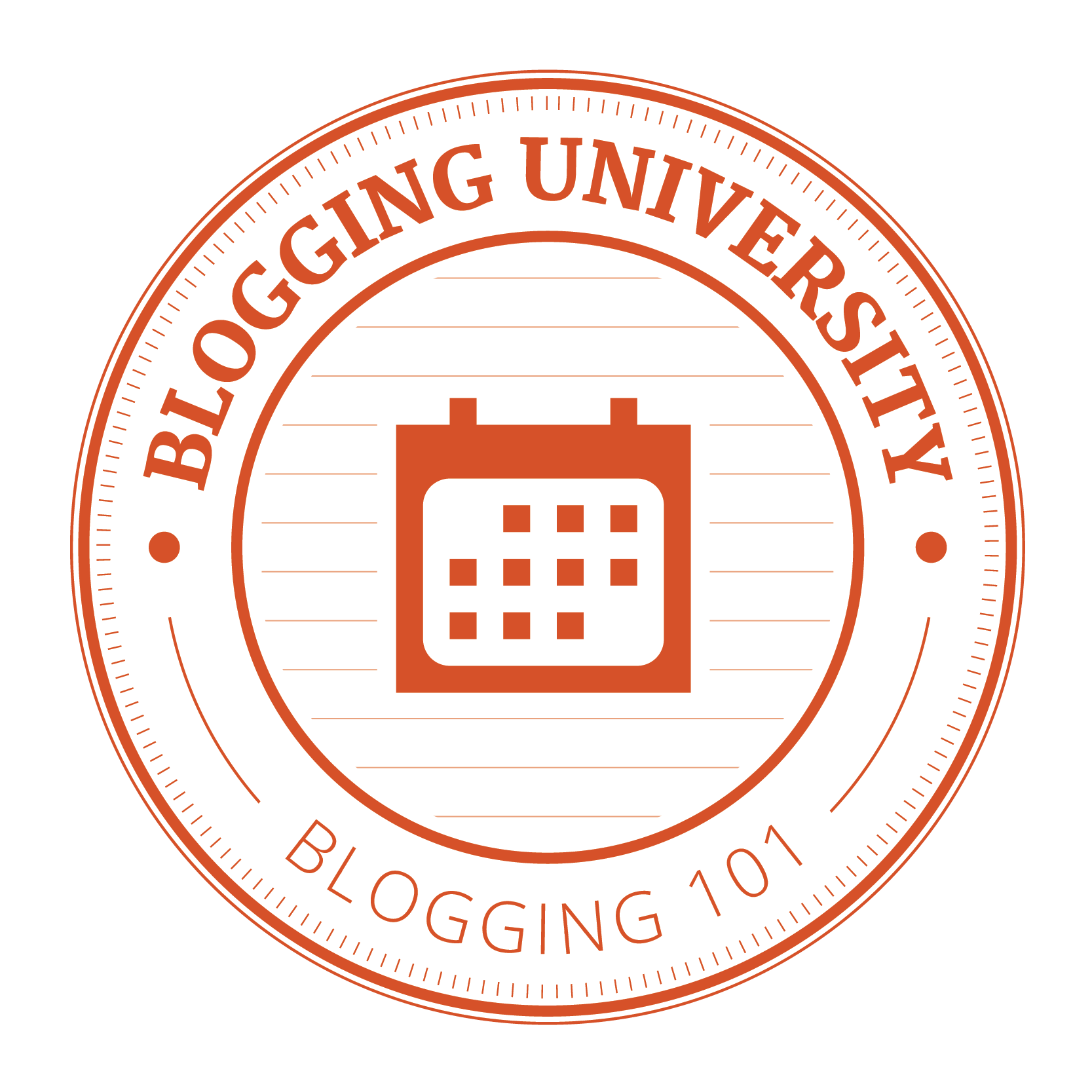Today I’m going to check on what Amy McDaniel calls finding the demand and Lambert Klein calls “finding passionate buyers” for your ebook.
Klein and Amy McDaniel (see Kindle Publishing: A Diary–Day 2) agree that how-to books are huge sellers. Yesterday’s research showed a slightly different pattern, with the science fiction/fantasy/horror uber-genre pretty much dominating the best seller lists. But that might only be a temporary response. After all, there have been so many relatively recent movie and TV series released based on magical fantasy that almost seem historic (Game of Thrones, Dark Shadows), have dystopian themes (Hunger Games), or are based on comic-book science fictional heroes (John Carter, Avengers, Iron Man). The books-turned-movies are also always huge (Harry Potter, Game of Thrones, Hunger Games, Twilight Saga). These might very well be influencing the sale of fiction books. Good thing I’m looking at non-fiction with a how-to theme! Oops! Off-task here.
How does one find passionate buyers? Klein suggests using the Google AdWords Keyword Tool. He also suggests checking sites such as eBay, Amazon, and Clickbank to see if titles similar to what you’re marketing are selling. McDaniel suggests checking other book sites (which I did yesterday), and hard-copy retailers to determine if the ebook market is lagging behind the hard-copy market for your niche.
Since I already checked the book markets, I followed the AdWords link Klein provided in his Kindle book, and it took me directly to adwords.google.com. Following Klein’s illustrated examples, I discovered that the AdWords Keyword Tool is actually pretty informative. It gives you the approximate number of monthly searches on the keyword(s) you entered as well as on each of similarly-grouped keywords. It even tells you what the competition is in that particular market on each specific word or phrase—low, medium, or high. I almost got distracted by all the other AdWords features, but remembered my purpose and left the site.
What I learned: dissertation writing help is not a large niche. But I already knew that—the exercise just confirmed it. Realistically, only a small percentage of people ever attempt to earn a doctorate, so that limits the market from the start. I also learned that the overall market competition on internet searches is medium for both “dissertation writing” and “how to write a dissertation,” and high on “dissertation help.” Interestingly, the biggest market seems to be with editing—not only dissertations, but any kind of writing. What isn’t clear from the results—and some common sense needs to be used here–is whether the “learning” aspect of my searches is in learning to write in general (which is a big and competitive market on its own) or learning what goes into writing a dissertation. I’m going to bet on the latter, based on my personal experiences with students.
Up until now, I have been concentrating on the niche without really dealing much with the demographics. Well, I am targeting one particular demographic: the doctoral student. That means I can skip the parts about finding a demographic to target. What I know for certain about my niche is that there is a pretty strong demand for help with writing a dissertation or thesis. What I am less clear on is if the real problem is confusion about what goes into academic writing, especially in the area of proposing and then writing about research. When I discuss work with students, they are generally not clear about what to put into each part of a dissertation, and how each “chapter” should be organized. They also don’t know how much work is expected for each phase of their writing. From experience, I know that the biggest concern is the actual writing of the dissertation, and that doctoral students are willing to pay a lot to get help with the writing.
Maybe I should assume this concern about the actual writing is an area that lacks clear direction. I seem to be pretty good at setting my students on the right path, so maybe I should go with my instincts on this endeavor.
Today, I found my passionate buyer. Of course, I targeted one particular group. However, I determined this group’s biggest area of concern. (At least, I think that’s what I discovered about my passionate buyer.)
Tomorrow: creating a title that will help sell the publication.
##





